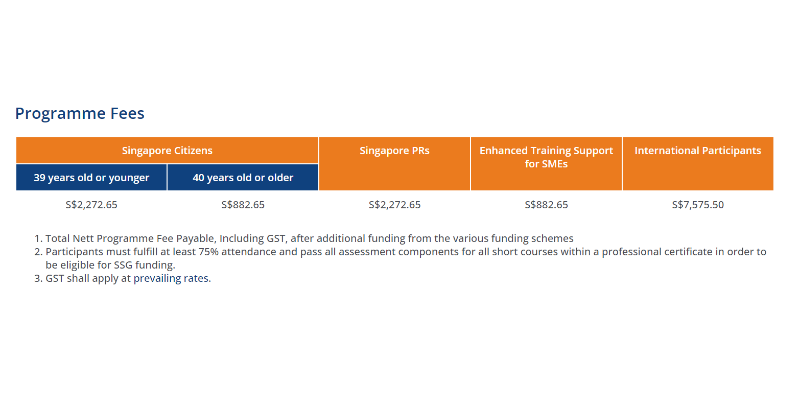Overview
Text processing is essential for many applications that involve natural language data. It enables computers to understand and generate human language, extract valuable insights from text data, and automate various tasks that involve text analysis.
Why text processing is beneficial for organisations?
Improved efficiency: Text processing automates many tedious and time-consuming tasks such as data cleaning, tokenisation, and normalisation, which can significantly improve efficiency and save time.
Increased accuracy: Text processing algorithms can analyse large amounts of data much faster and with greater accuracy than humans, reducing errors and improving the quality of insights.
Enhanced understanding: Text processing techniques such as sentiment analysis, topic modelling, and named entity recognition can help identify patterns and insights that might not be immediately apparent from a surface-level reading of the text.
Better decision-making: Text processing can help organisations make better decisions by providing insights and identifying opportunities or risks that may have been missed otherwise.
Improved customer experience: Text processing can help organisations better understand their customers’ needs, preferences, and sentiment, enabling them to provide better customer service and personalised experiences.
Text processing can help organisations extract valuable insights and automate many time-consuming tasks, leading to better decision-making, increased efficiency, and improved customer experiences.
Course Description & Learning Outcomes
This Professional Certificate will equip learners with the following competencies:
Provide theoretical foundations to Natural Language Processing (NLP) and build NLP applications using basic Machine Learning
Provide participants with the theoretical foundations to text mining, sentiment analysis and building sentiment classifiers using Machine Learning
Equip participants with the skills to mine data from the web and perform sentiment analysis on the data
Acquire basic knowledge of deep neural networks and understand the applications of deep learning and its implementation
Acquire basic skills on how to design and implement text classification, opinion mining systems and convolutional neural networks in Python using Tensorflow and Keras packages.
Articulate advanced deep learning models, their strengths and constraints, and their applications in different businesses
Have basic skills in using deep learning algorithms to implement simple Natural Learning Processing (NLP) systems.

Schedule
End Date: 05 Mar 2025, Wednesday
Location: 11 Research Link COM 3, 119391 and Online
Pricing

Skills Covered
PROFICIENCY LEVEL GUIDE
Beginner: Introduce the subject matter without the need to have any prerequisites.
Proficient: Requires learners to have prior knowledge of the subject.
Expert: Involves advanced and more complex understanding of the subject.
- Machine Learning (Proficiency level: Beginner)






